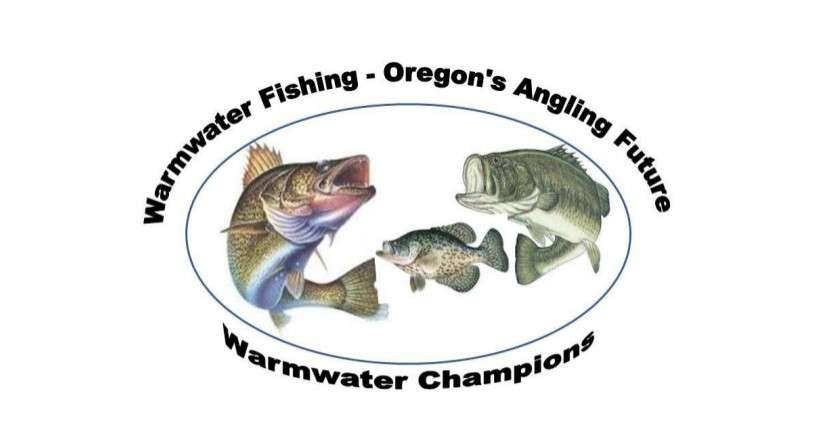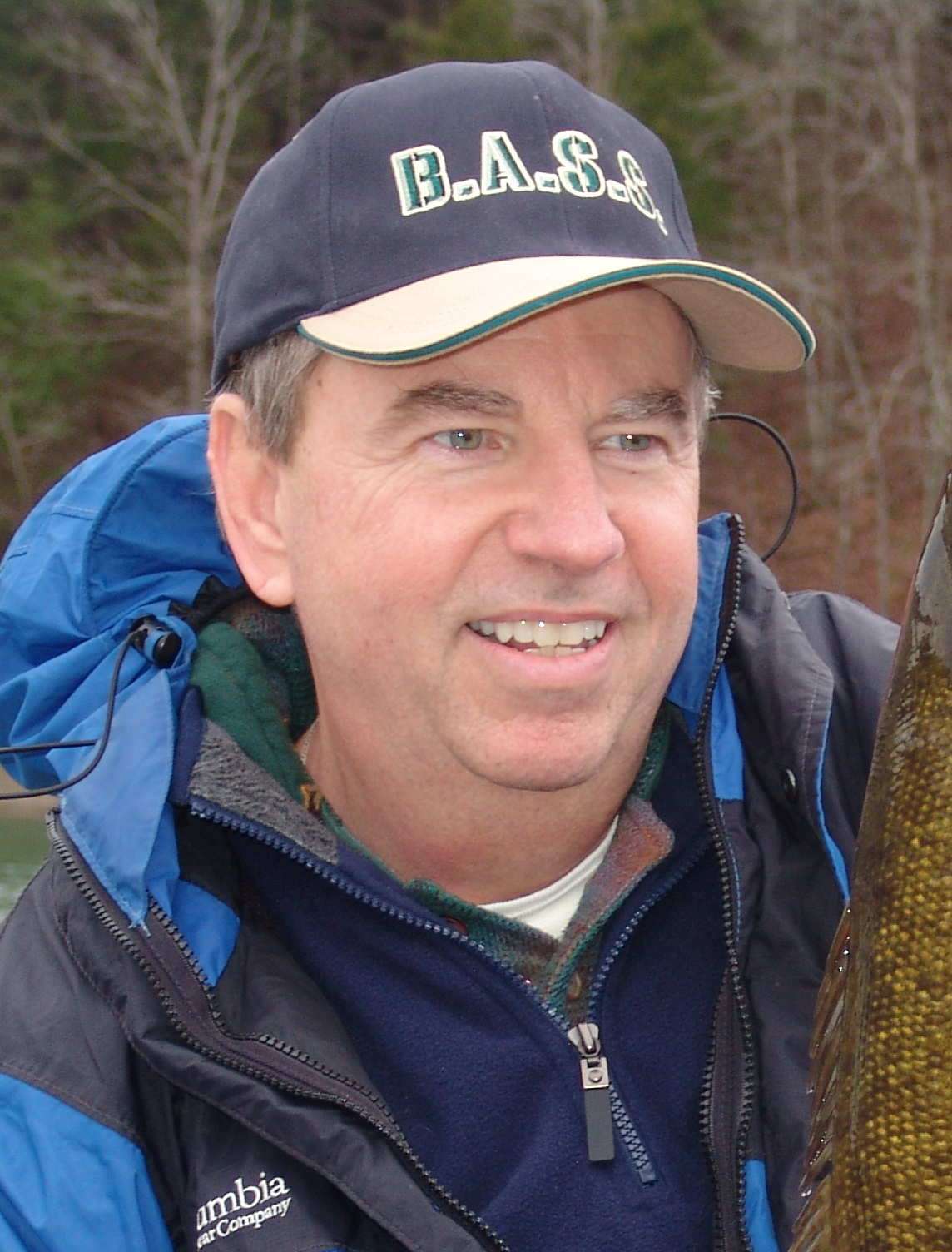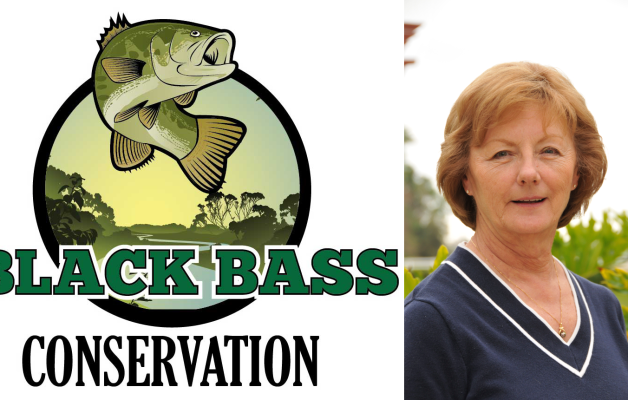
PORTLAND, Ore. — In recent years, even fisheries managers have become part of the anti-bass movement pervasive in the Northwest, according to Herb Doumitt, communications director for the Oregon-based Warmwater Champions (WWC).
“During the last few years, ODFW (Oregon Department of Fish and Wildlife) has done a lot of things without the public’s knowledge,” Doumitt said.
“Eight years ago, they were extremely transparent. Now they’ve disappeared off the radar. They’re a closed house,” he added. “They’ve removed public comments and done away with a citizen review committee. They’re insulating themselves from public input.”
That’s why Champions was formed, Doumitt explained.
“We do the ugly political work that has to be done, dealing with regulations and policies. We use science to separate fact from fiction to defend warmwater fisheries.”
Additionally, WWC is an outgrowth of the Warmwater Fishing Group that worked with ODFW on issues related to management of bass, walleye and other warmwater species, according to Lonnie Johnson, conservation director for Oregon B.A.S.S. Nation.
“It was a good, symbiotic relationship,” he said.
Today, by contrast, bass, walleye and other warmwater species, present in state waters for more than a century, increasingly are described as “invasive.” That’s right in keeping with ODFW’s decision to remove limits on bass, walleye and catfish in 2015, as well as an observation by ODFW’s recreational fisheries program manager that the move, although not supported by science “would send a good message to the salmon recovery community.”
That’s in a state where 27 percent of anglers, more than one in four, say that they fish for warmwater species.
In response, WWC’s mission is to “serve as forum for Oregon fishing organizations that advocate for warmwater fish, as well as for preserving the quality of and access to warmwater fishing, for the enjoyment of Oregon’s present and future anglers.”
Johnson represents B.A.S.S. on the WWC board and Doumitt the Oregon Bass and Panfish Club, which has been around for more than 60 years. The Oregon Black Bass Action Committee also is a member of WWC, as are 10 bass clubs.
Right now, WWC is keeping watch as ODFW develops a “non-native species game management plan.”
“We asked to see it, but were told that they ‘streamlining’ it,” Johnson said, adding that the same person who proposed removing limits is working on it.
As a consequence, “there’s a real good chance that this is something we won’t like,” he added. “We’re concerned. And we have a whole lot of anglers who still are angry about limits being taken off. It didn’t sit well with them.”
At least anecdotally, warmwater species don’t yet appear to have been harmed four years after limits were lifted.
“But it’s difficult to tell,” he said. “Of course, they’ll never get rid of them all. It’s impossible.”
What has bass and other warmwater anglers still steaming, he added, is that ODFW disrespected them. Its actions conveyed that it places no value on warmwater fisheries and anglers.
At the time, Bud Hartman, another member of the Oregon Bass and Panfish Club said, “It says to the angling public that these fish don’t mean anything.”
And writing in the Oregonian newspaper, veteran outdoor writer Bill Monroe theorized that removing limits threatens “a long history of support from about a quarter of their constituency.”
Today, meanwhile, WWC lets warmwater anglers know that it’s still fighting on their behalf with an advertisement annually in Oregon’s Sport Fishing Regulations handbook. It recruits and raises funds through tournaments and other fundraisers, as well as setting up shop at fishing shows with WWC t-shirts and towels.
“We like to actually talk to anglers,” Johnson said. “We have good outreach. And we want anglers to know that we’re here for them and our fisheries.”
“We have a place at the table whether they (anti-bass anglers and fisheries managers) like it or not.”
To find out more about Warmwater Champions, send an email to WarmwaterChampionsOR@gmail.com.
You can read more about the anti-bass bias in the Pacific Northwest: Smallmouth bag limits and No limits controversy.





